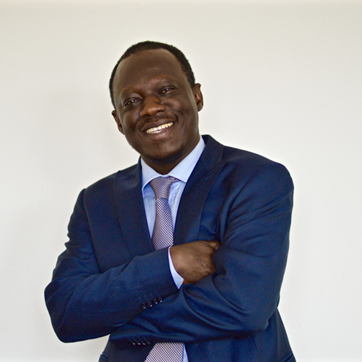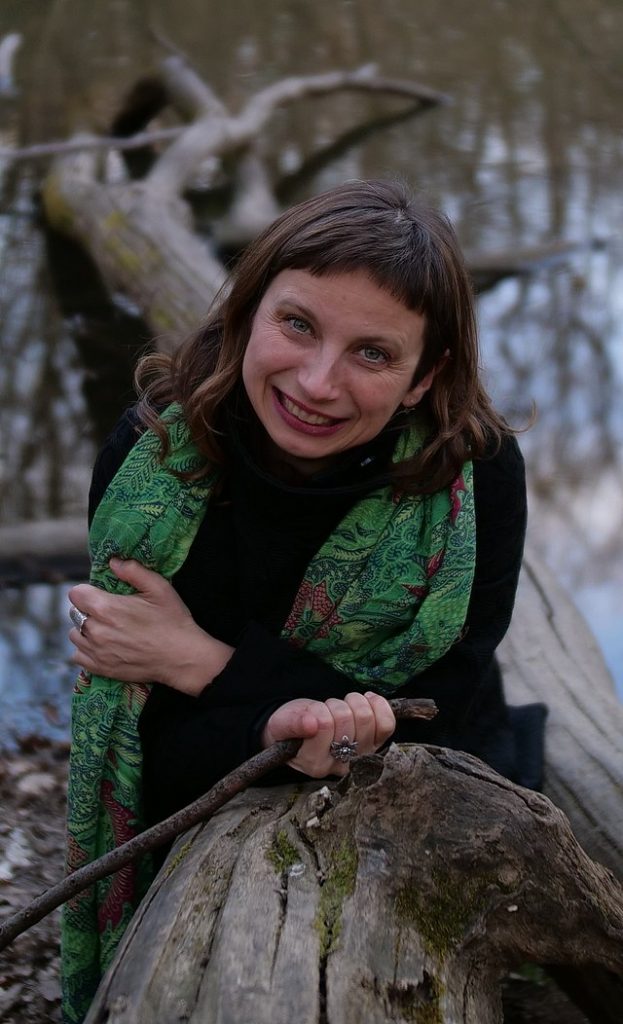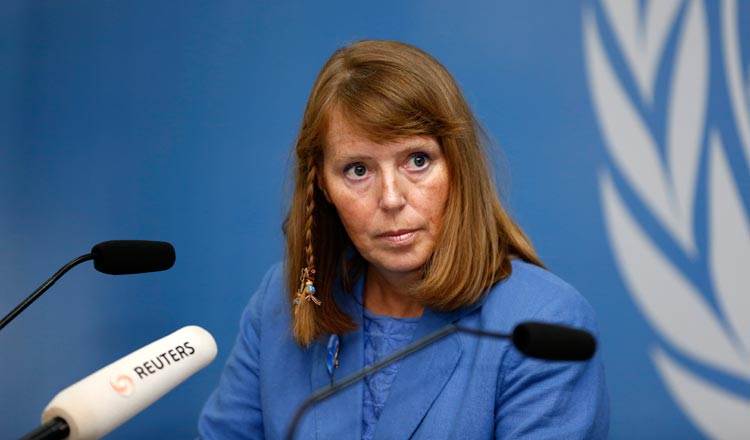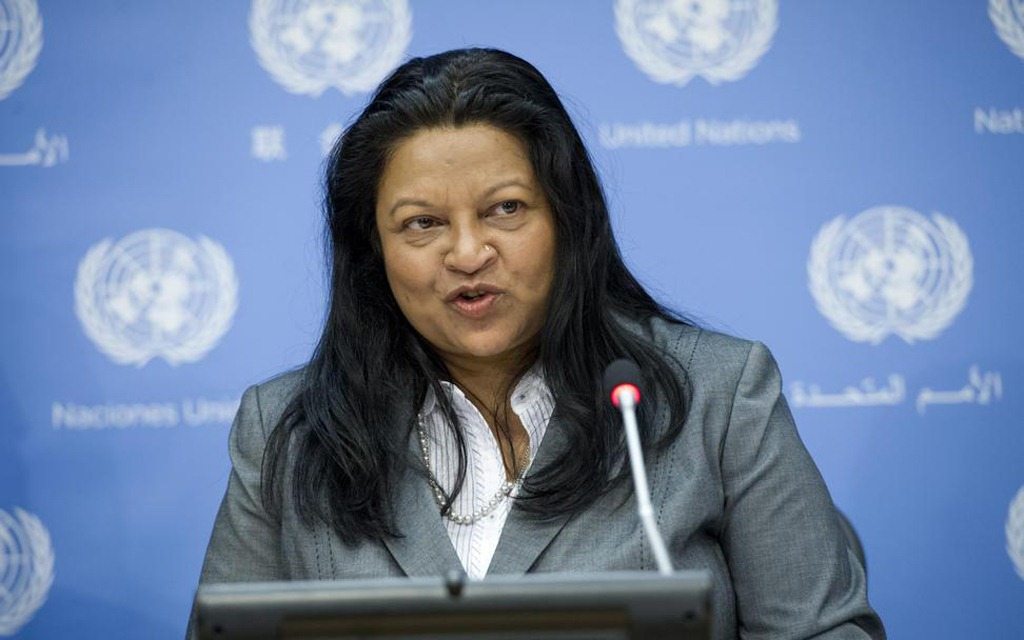Chapter 7: UN Special Procedures
CHAPTER 5: UN Special Procedures Mandate Holders: A Roundtable Discussion
Companion Website by: Samuel Ellyson, Sydney Ryan, and Cole Lepler
TABLE OF CONTENTS:
- More About the Participants
- Chapter Study Resources
- Chapter Summary
- General Resources
- Resources Prompted by Clément Voule’s Discussion
- Resources Prompted by Miriam Estrada-Castillo’s Discussion
- Resources Prompted by Rhona K.M. Smith’s Discussion
- Resources Prompted by Ivana Radačić’s Discussion
- Resources Prompted by Sheila B. Keetharuth’s Discussion
- Take Action!
- Contribute Resources!
MORE ABOUT THE PARTICIPANTS:

Togo

Croatia

Ecuador

United Kingdom of Great Britain and Northern Ireland

Mauritius
Clément Voule
Ivana Radačić
Sheila B. Keetharuth
VIDEOS FEATURING THE PARTICIPANTS:
CHAPTER STUDY RESOURCES:
USE THESE TO HELP FURTHER YOUR UNDERSTANDING OF THE CHAPTER!
CHAPTER SUMMARY:
United Nations Special Procedures Mandate Holders are independent experts appointed to serve the UN Human Rights Council on individual mandates or as members of designated working groups. Their work is supported (logistically etc.) by the United Nations Human Rights Office of the High Commissioner (OHCHR). Often collectively known as special procedures, they assist in promoting and monitoring Human Rights across the world as well as by developing international human rights standards. Mandates are broken down into two categories, thematic and country specific. As of early 2023, there were 45 Thematic Mandates and 13 Country Mandates. There have been very few female Special Rapporteurs especially with Country Mandates. We had the privilege to speak with several mandate holders for this chapter.
The work of Special Rapporteurs entails raising awareness of Human Rights, conducting fact finding missions to investigate complaints of Human Rights violations, informing policy and legislation, and filing reports to the UN Human Rights Council on their mandates, all of which is aimed at preventing and ceasing Human Rights violations. Special Rapporteurs may also conduct country visits providing that the country allows. While they receive some modest financial support from the United Nations general budget, mandate holders are not paid.
UN Special Rapporteurs volunteer their time to work to protect Human Rights for persons all over the globe. They may face dangers of reprisal as do the human rights defenders that they work with. UN Special Procedures mandate holders are a lesser researched area of work within the field of human rights, and these experts, their lived experiences, and the country and political dynamics they work with need to be better known to increase our understanding of the promotion and protection of Human Rights at the international level.
GENERAL RESOURCES:
VIDEOS:
articles:
United Nations:
United Nations Special Procedures Mandate Holders
UN Charter-Based Institutions Including Special Procedures
Annual Reports to Human Rights Council and General Assembly
United Nations Human Rights Office of the High Commissioner Country Mandates
Outside Sources:
podcasts:
social media:
GRAPH OF THE UNITED NATIONS HUMAN RIGHTS OFFICE:
resources prompted by Clément Voule’s discussion:
African Charter on Human and People’s Rights:
Case – Togo:
Case – ARGENTINA:
Case – TUNISIA:
Case – SRI LANKA:
Case – ZIMBABWE:
resources prompted by Miriam Estrada-Castillo’s discussion:
Declaration on human rights:
prison reform:
funding crisis:
resources prompted by Rhona K.M. Smith’s discussion:
International and European Human Rights Documents:
Weblinks:
United Nations Response to COVID-19:
Case – Cambodia:
resources prompted by Ivana Radačić’s discussion:
European Court of Human Rights:
Weblinks:
Women’s Rights:
backlash:
resources prompted by Sheila B. Keetharuth’s discussion:
Interference of Social Media:
Case – Eritrea:
take action!
Lists of human rights organizations:
weblinks:
Social media:
Human Rights Watch:
International Service for Human Rights:

